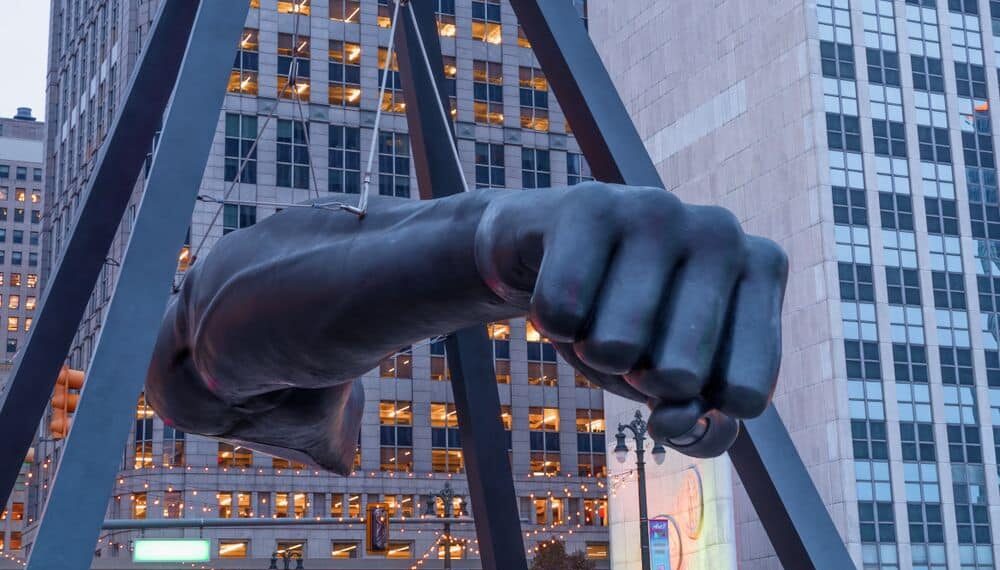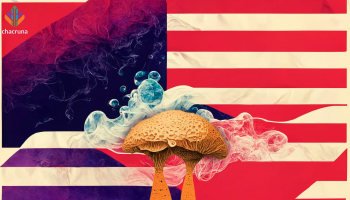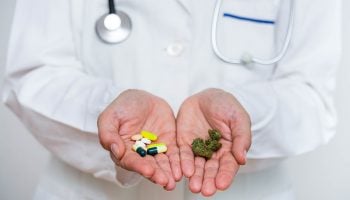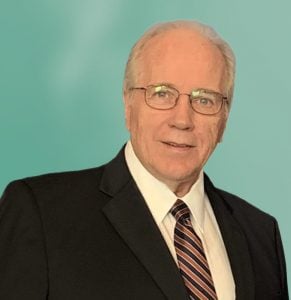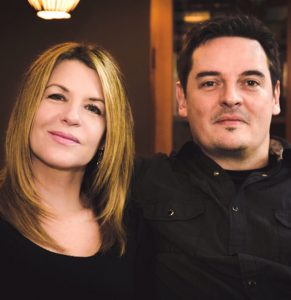When asked:“Shall the voters of the City of Detroit adopt an ordinance…that would decriminalize…the personal possession and therapeutic use of Entheogenic Plants by adults and make [it]… the city’s lowest law-enforcement priority?”
Michigan voters overwhelmingly said “yes.”
As a result, Detroit joins multiple cities and states that have decriminalized plant and fungi-based entheogens.
Michigan’s recent stance on entheogens
Michigan has become widely known for its pro-psychedelics stance this year. On September 21, Ann Arbor voters decided that policing entheogens like psilocybin, ayahuasca, and DMT was not worth wasting law enforcement resources.
After Ann Arbor’s decision, Michigan’s Washtenaw County prosecutor said his department would not chase psychedelic possession charges either–regardless of the amount in question.
The Grand Rapids City Council enacted a similar resolution in September championing the decriminalization of various naturally grown psychedelics.
Adding a cherry on top, Michigan lawmakers declared September “Entheogenic Plants and Fungi Awareness Month.” It appears this midwestern state is inching toward legalization, one city at a time.
Michigan’s largest city–Detroit–is the latest to make its voice heard. After thousands of people signed an initiative petition, Detroit lawmakers added the decriminalization measure to November’s ballot.
When election officials finished counting the votes on November 2, they found 61% of Detroiters supported the proposal. As a result, the city has agreed to decriminalize the possession and therapeutic use of entheogenic substances, including:
- Psilocybin mushrooms
- Peyote and mescaline from certain cacti
- Ibogaine from Africa
- Ayahuasca from South America
Proposal E also says the police shall make entheogenic plant use and possession among its “lowest law enforcement priorities.”
What decriminalization means (and doesn’t mean) for Detroit
According to Detroit Free Press, Proposal E does not legalize the use of psychedelic plants, which are still federally classified as schedule-1 illicit drugs.
Instead, the measure instructs Detroit’s police department to stop investigating and prosecuting residents who use or grow these substances.
Proposal E also does not address the sale of hallucinogenic plants, which is still illegal in the city.
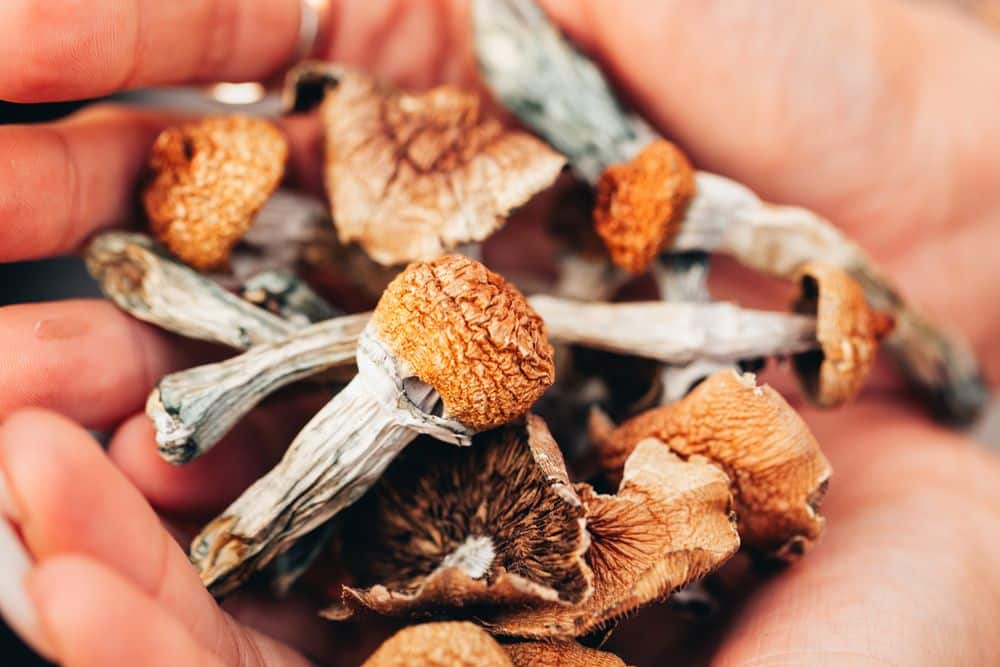
What’s next for Michigan
At this time, at least ten US municipalities have decriminalized entheogens like psilocybin or amended their police department’s enforcement priorities.
Two recent and highly prominent measures include those passed in Denver, Colorado, and Washington, D.C. But the biggest win came from Oregon, which became the first state to legalize psilocybin for therapeutic purposes.
Could Michigan be next?
Several months ago, Michigan state Senators Jeff Irwin (D) and Adam Hollier (D) introduced a bill to legalize possession, cultivation, and distribution of plant-derived psychedelics–as long they aren’t sold for profit. Senate Bill 0631 is now awaiting approval from the Judiciary and Public Safety Committee.
Decriminalize Nature Michigan is urging residents to call or email state senators to express their support. Stay tuned.
If the bill passes, Michigan may join Oregon at the forefront of critical psychedelic research while addressing the social and racial injustices related to the war on drugs.

